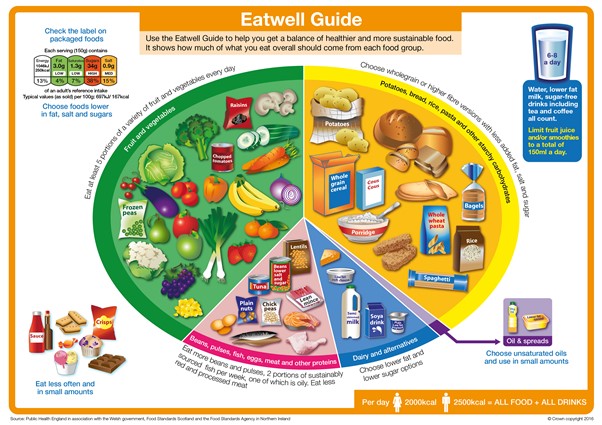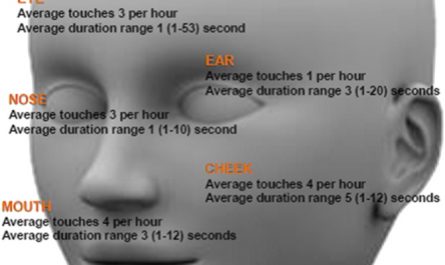We are now well into a different lifestyle with the current Coronavirus lockdown. It is important to keep well nourished and to eat a well balanced and healthy diet. I know it is difficult when we are at home with the fridge or cupboard close to hand.
The WHO definition of nutrition is: –
- Nutrition is the intake of food, considered in relation to the body’s dietary needs.
- Good nutrition – an adequate, well balanced diet combined with regular physical activity – is a cornerstone of good health.
- Poor nutrition can lead to reduced immunity, increased susceptibility to disease, impaired physical and mental development, and reduced productivity.
During times like this good nutrition for physical and mental health is essential.
Protein
This is for growth, development, and maintenance. It is a source of heat energy and can be converted to fat and stored in the body. The rest of our body energy is used in the process of thinking, and when we are working and exercising.
Sources of protein are meat, poultry, fish, eggs, dairy, and plant-based protein sources such as grains, beans, vegetables, and nuts.
Carbohydrates
Provides the body with energy and break down into glucose in the body. Glucose goes from the bloodstream into the body’s cells and this is with the hormone insulin. All the cells in a person’s body use glucose to function.
There are three types of carbohydrates – complex, unrefined and refined. arbs (vegetables, whole grains, fruit) rather than sugars and refined carbs. Reducing on white bread, pastries, starches, and sugar can prevent a rise in blood sugar, changes in mood and energy, and a gradual build-up of fat, especially around the waistline.
Fats
Fats are sources of energy. There are saturated fats which are from animal sources and these need to be monitored especially taking a lot of red meat, whole-fat dairy products including milk, cream, and cheese.
Monounsaturated fat is a good fat and can be found in olive, and sesame oils, avocados, olives, nuts including almonds, peanuts, macadamia, and cashews.
Polyunsaturated fat is also a good fat and can be found in sunflower, sesame, and pumpkin seeds, oily fish such as salmon, tuna, mackerel and trout, sardines.
Fibre
Eating foods which are high in fibre include grains, fruit, vegetables, nuts, and beans and this will help you to stay regular and it can also help to lower your risk of heart disease, stroke, and diabetes.
Calcium
Cells in our body needs calcium and this includes the nervous system, muscles, and heart. Our body uses calcium to help build healthy bones and teeth, and to keep them strong as we age.
Good sources of calcium are dairy products, some cereals, tofu, and leafy green vegetables. All this helps maintaining a nutritious diet during lockdown.
When you are at the supermarket or your local shop, keep an eye on how much there is of each of the above on products. The current traffic light system is excellent to ensure that you keep and maintain a healthy diet and weight. This will help maintaining a nutritious diet during lockdown and thereafter. Drinking water helps the immune system
Maintaining a sleep pattern is also essential just now Top Sleep Tips
More information https://www.foodstandards.gov.scot/consumers/healthy-eating/eatwell




